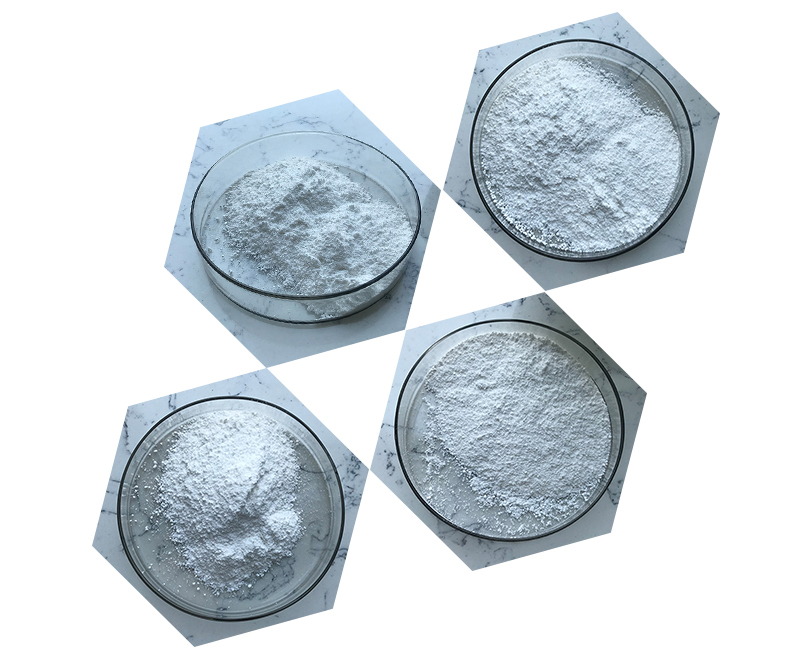Dutasteride is a prescription medication often used to treat male pattern baldness (androgenetic alopecia). It works by inhibiting the activity of 5-alpha reductase, an enzyme responsible for converting testosterone into dihydrotestosterone (DHT). DHT is a hormone that contributes to hair follicle miniaturization, which leads to thinning hair and eventual hair loss.
Key Points About Dutasteride for Hair Loss:
1.Mechanism of Action:
- Dutasteride inhibits both Type I and Type II 5-alpha reductase enzymes, making it more effective at reducing DHT levels than finasteride, which only inhibits Type II. This greater DHT suppression may make Dutasteride more effective for some individuals.
2.Effectiveness:
- Studies show Dutasteride can be more effective than finasteride in promoting hair regrowth and slowing hair loss in men.
- It has demonstrated success in increasing hair count, improving hair density, and maintaining hair in men with androgenetic alopecia.

3.Dosage:
- The typical dose for male pattern baldness is 0.5 mg daily, though you should always follow your healthcare provider’s recommendations.
4.Timeframe for Results:
- Significant improvement is often seen after 6-12 months of consistent use. Hair regrowth may continue to improve for up to 24 months.
5.Side Effects:
- The most common side effects include decreased libido, erectile dysfunction, and reduced semen volume. These effects are generally reversible upon discontinuation.
- Rarely, gynecomastia (breast enlargement or tenderness) may occur.
- Some men may experience depression or mood changes, so it’s essential to monitor mental health.
6.Approval and Off-Label Use:
- Dutasteride is FDA-approved for the treatment of benign prostatic hyperplasia (BPH). Its use for male pattern baldness is considered off-label in many countries, though it is approved for this purpose in others (e.g., South Korea and Japan).
7.Pregnancy Risk:
- Dutasteride can cause severe birth defects if a woman is exposed to the drug during pregnancy. It should not be handled by pregnant women, especially crushed or broken capsules.

Alternatives:
- Finasteride (Propecia): FDA-approved for hair loss, slightly less potent than Dutasteride but widely used.
- Minoxidil (Rogaine): A topical solution or foam applied directly to the scalp.
- Hair Transplantation: Surgical option for advanced cases.
- Low-Level Laser Therapy (LLLT): Non-invasive light treatment for stimulating hair growth.
Consult a Doctor:
Before starting Dutasteride, consult with a healthcare provider to evaluate whether it is appropriate for your condition and discuss potential risks and benefits. Regular follow-up appointments are crucial to monitor progress and side effects.
